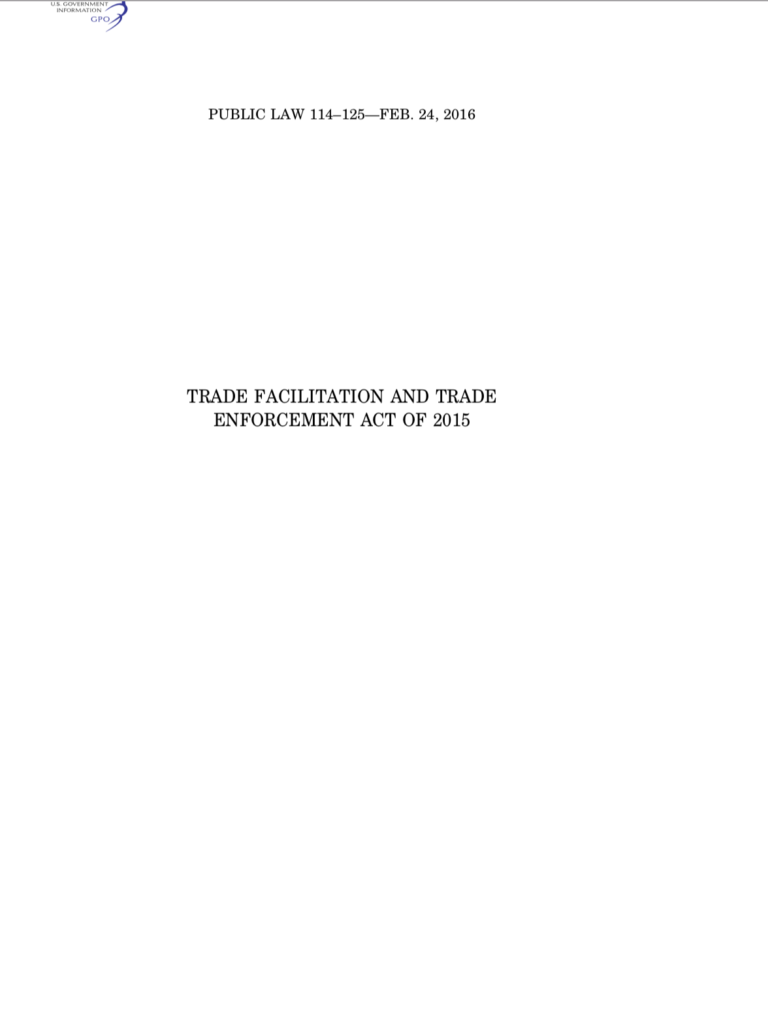Legislative guide: For the Protocol to prevent, suppress and punish trafficking in persons, especially women and children
GuidanceLegislationTrafficking in persons is a serious crime that undermines the dignity and liberty of its victims. Every year, thousands of women, men, and children fall into the hands of traffickers, in their own countries and abroad. Almost every country in the wo...Read More

